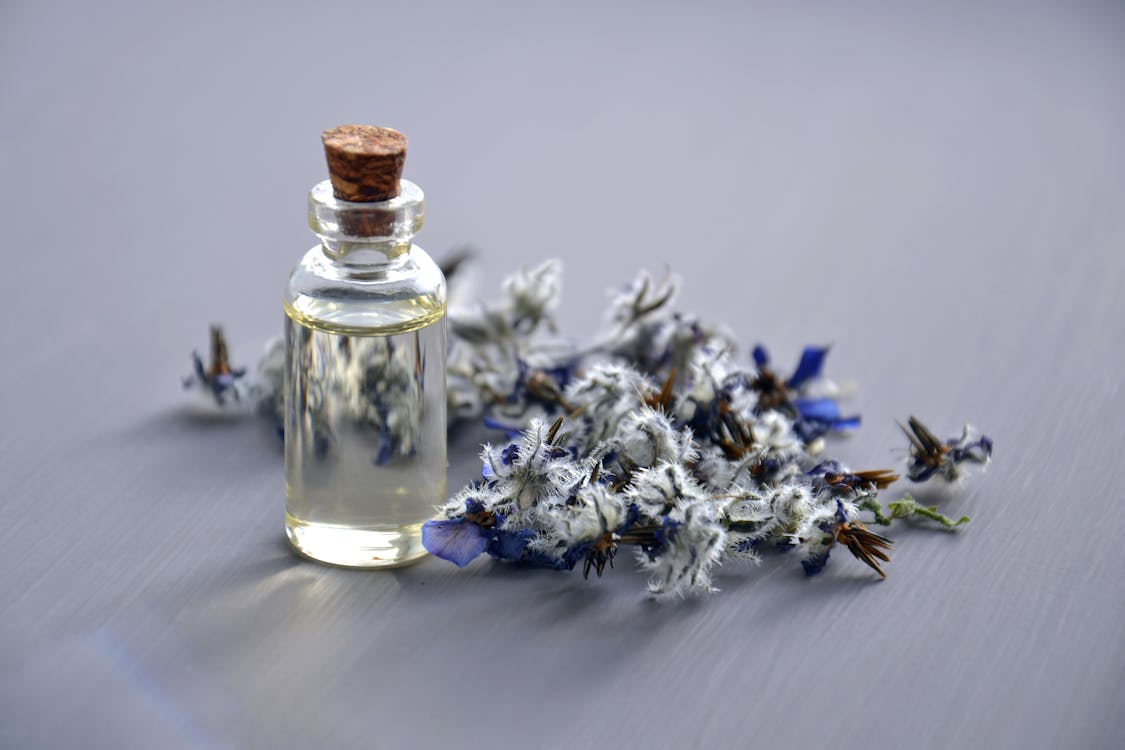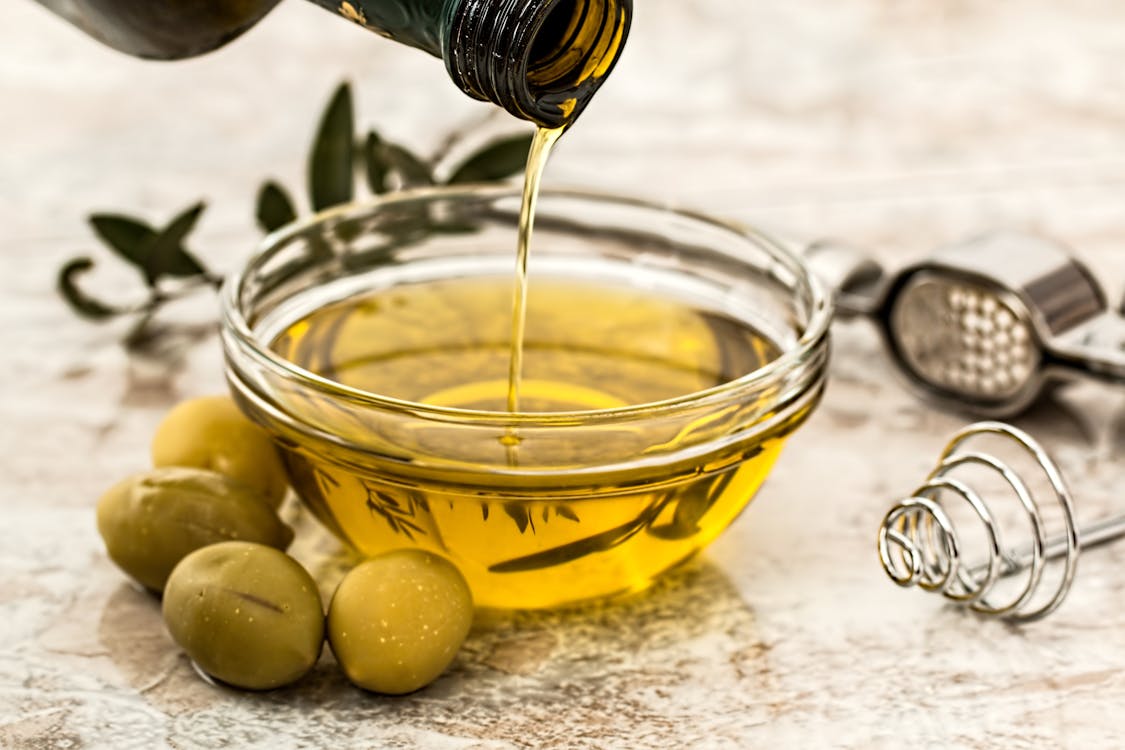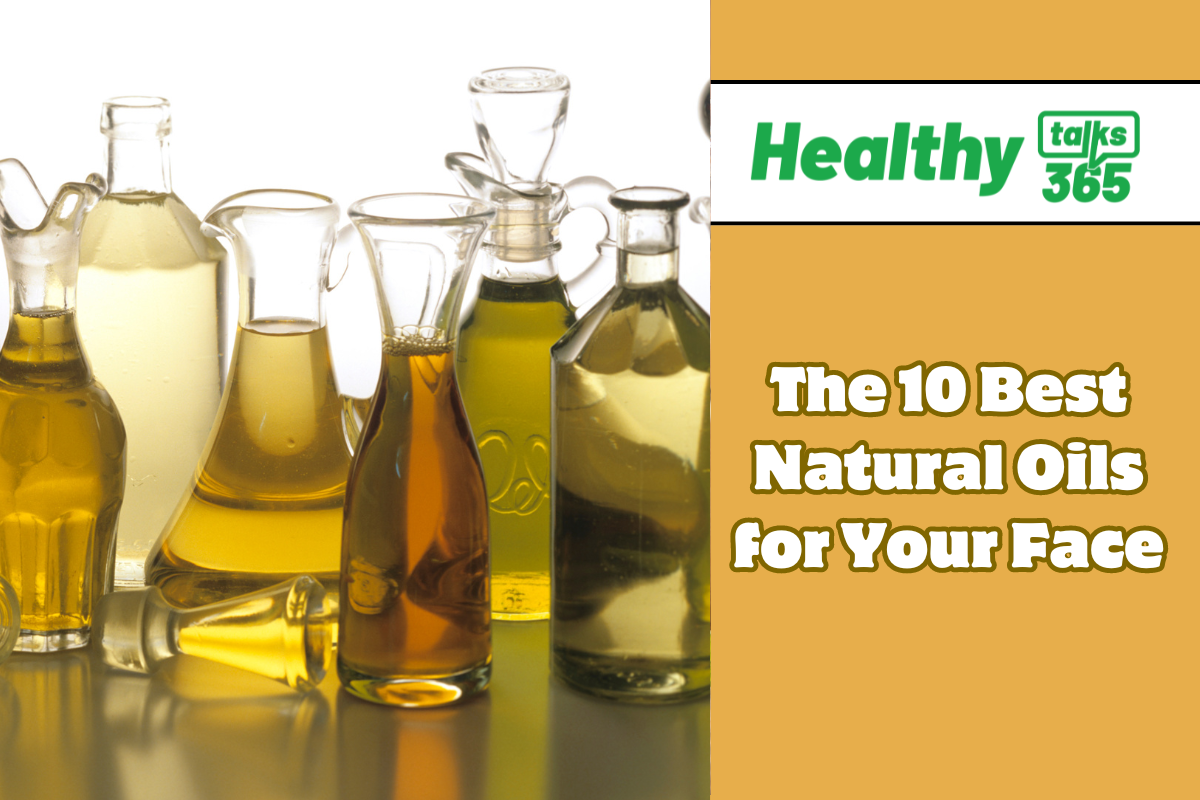The 10 Best Natural Oils for Your Face
Jojoba oil
Jojoba oil is produced from the seeds of the Simmondsia chinensis plant, an evergreen shrub native to the Southwestern United States and Mexico. Jojoba oil is a versatile and popular natural oil known for its numerous benefits for facial skincare. Derived from the seeds of the jojoba plant, this oil closely resembles the natural sebum produced by our skin, making it an excellent moisturizer that can balance oil production. Its non-comedogenic properties ensure that it doesn’t clog pores, making it suitable for all skin types, including oily and acne-prone skin. Jojoba oil is rich in essential fatty acids, vitamin E, and antioxidants, which help to protect the skin from oxidative stress and environmental damage. These properties also contribute to its anti-inflammatory effects, which can soothe irritated skin and reduce redness. Additionally, jojoba oil has antimicrobial properties, making it effective in preventing acne-causing bacteria. It can also assist in healing wounds and promoting skin repair, thanks to its natural healing properties. Regular use of jojoba oil can help maintain a balanced, hydrated, and glowing complexion.
Read Also:
Focus While Studying: 10 Proven Methods
Argan oil
Argan oil, often referred to as “liquid gold,” is derived from the kernels of the argan tree native to Morocco. This luxurious oil is renowned for its high content of essential fatty acids, vitamin E, and antioxidants, which provide comprehensive nourishment and protection for the skin. Argan oil is particularly effective in moisturizing and softening the skin, making it an ideal treatment for dry and flaky skin conditions. Its anti-inflammatory properties help reduce redness and soothe irritated skin, making it suitable for sensitive skin types. The vitamin E in argan oil aids in repairing damaged skin and protecting against environmental stressors such as pollution and UV rays. Additionally, argan oil helps to improve skin elasticity, reducing the appearance of fine lines and wrinkles. Its non-comedogenic nature ensures that it does not clog pores, making it suitable for acne-prone skin as well. Incorporating argan oil into your skincare routine can result in a more hydrated, supple, and youthful complexion.

Rosehip seed oil
Rosehip seed oil is a powerful natural oil extracted from the seeds of the wild rose bush. Rosehip in India comes from the Himalayas, which are parts of Kashmir and Uttarakhand. It is highly valued for its rich content of essential fatty acids, vitamins A and C, and antioxidants, which make it a potent treatment for various skin concerns. Vitamin A, in the form of natural retinoids, helps to accelerate skin cell turnover, improving skin texture and reducing the appearance of scars, hyperpigmentation, and fine lines. Vitamin C boosts collagen production, enhancing skin elasticity and firmness. The essential fatty acids in rosehip seed oil, such as linoleic and linolenic acids, provide deep hydration and strengthen the skin’s barrier, preventing moisture loss and improving overall skin health. Rosehip seed oil also has anti-inflammatory properties that can help calm irritated skin and reduce redness. It is especially beneficial for mature skin, as it helps to rejuvenate and restore a youthful glow. Regular use of rosehip seed oil can result in a more even-toned, smooth, and radiant complexion.
Coconut oil
Coconut oil is a widely used natural oil known for its deep moisturizing properties and versatility in skincare. Coconut oil is extracted from the kernel of matured coconuts harvested from the coconut palm and this oil is rich in medium-chain fatty acids, such as lauric acid, which provide intense hydration and form a protective barrier on the skin to lock in moisture. Coconut oil has natural antibacterial and antifungal properties, making it effective in preventing and treating acne and other skin infections. It also contains vitamin E and antioxidants that help to protect the skin from environmental damage and promote healing. Coconut oil is particularly beneficial for dry and flaky skin, as it provides long-lasting moisture and soothes irritation. However, it is important to note that coconut oil is comedogenic and may not be suitable for those with oily or acne-prone skin. When used appropriately, coconut oil can help to maintain soft, smooth, and hydrated skin.
Almond oil
Almond oil is a gentle and nourishing oil derived from sweet almonds, known for its ability to soothe and soften the skin. Rich in vitamins A, E, and D, as well as essential fatty acids, almond oil provides deep hydration and helps to improve skin elasticity. Vitamin E, a powerful antioxidant, helps to protect the skin from oxidative stress and environmental damage, while vitamin A supports skin cell turnover and reduces the appearance of fine lines and wrinkles. Almond oil also contains anti-inflammatory properties, making it effective in calming irritated skin and reducing redness. Its lightweight and non-greasy texture make it suitable for all skin types, including sensitive and acne-prone skin. Additionally, almond oil can help to lighten dark circles and improve the appearance of under-eye puffiness when applied regularly. Incorporating almond oil into your skincare routine can result in a smoother, more radiant, and youthful complexion. Also, almond oil might help you maintain healthy cholesterol levels and improve your memory. It may help lower your risk for diseases like cancer and heart disease. It is also a great ingredient that can be used on the skin as it acts as a moisturizer.
Read Also:
11 Best Ways to Improve Your Digestion
Grapeseed oil
Grapeseed oil is a lightweight and easily absorbed oil derived from the seeds of grapes. It is known for its high content of linoleic acid, an essential fatty acid that helps to strengthen the skin’s barrier and retain moisture. Grapeseed oil is also rich in antioxidants, such as vitamin E and proanthocyanidins, which protect the skin from oxidative damage and promote collagen production. These properties help to improve skin elasticity and reduce the appearance of fine lines and wrinkles. Grapeseed oil has anti-inflammatory and antimicrobial properties, making it effective in treating acne and preventing breakouts. It is non-comedogenic, meaning it does not clog pores, and is suitable for all skin types, including oily and sensitive skin. Grapeseed oil orally helped reduce the appearance of melasma, which are brown or blue-gray patches that appear on the face. Regular use of grapeseed oil can help to balance oil production, improve skin texture, and maintain a healthy, glowing complexion.

Tea tree oil
Tea tree oil is a powerful essential oil known for its potent antimicrobial and anti-inflammatory properties. Derived from the leaves of the tea tree plant, this oil is widely used to treat various skin conditions, particularly acne. Tea tree oil helps to reduce acne by killing acne-causing bacteria and reducing inflammation. It also helps to control excess oil production and prevent future breakouts. In addition to its acne-fighting properties, tea tree oil can help to soothe irritated skin and reduce redness. It is also effective in treating fungal infections and promoting wound healing. However, tea tree oil is highly concentrated and should be diluted with a carrier oil before application to avoid skin irritation. When used properly, tea tree oil can help to maintain clear, healthy, and blemish-free skin.
Avocado oil
Avocado oil is a nutrient-rich oil extracted from the flesh of avocados. It is packed with vitamins A, D, and E, as well as essential fatty acids and antioxidants that provide deep hydration and nourishment for the skin. Avocado oil is particularly beneficial for dry and mature skin, as it penetrates deeply to moisturize and soften the skin. Vitamin E helps to protect the skin from oxidative damage, while vitamins A and D support skin cell regeneration and repair. The anti-inflammatory properties of avocado oil can help to soothe irritated skin and reduce redness. Additionally, avocado oil promotes collagen production, improving skin elasticity and reducing the appearance of fine lines and wrinkles. Its emollient properties also help to prevent moisture loss and maintain a healthy skin barrier. Incorporating avocado oil into your skincare routine can result in a smoother, more hydrated, and youthful complexion. As per research, it has shown great results in UV lights prevention.
Olive oil
Olive oil, a staple in Mediterranean cuisine, is also a highly beneficial oil for skincare. Rich in healthy fats, antioxidants, and vitamins A and E, olive oil provides deep hydration and protection for the skin. The antioxidants in olive oil, such as polyphenols and squalene, help to neutralize free radicals and protect the skin from oxidative damage. Vitamin E helps to repair damaged skin and improve skin elasticity, while vitamin A supports skin cell turnover and reduces the appearance of fine lines and wrinkles. Olive oil has anti-inflammatory properties that can help to soothe irritated skin and reduce redness. It is also effective in maintaining the skin’s moisture balance and preventing dryness. Olive oil is suitable for all skin types, but it is particularly beneficial for dry and mature skin. Regular use of olive oil can help to maintain soft, smooth, and youthful-looking skin.

Read Also:
Pregnancy: Signs, Symptoms, Overview, Health Tips You Should Know




